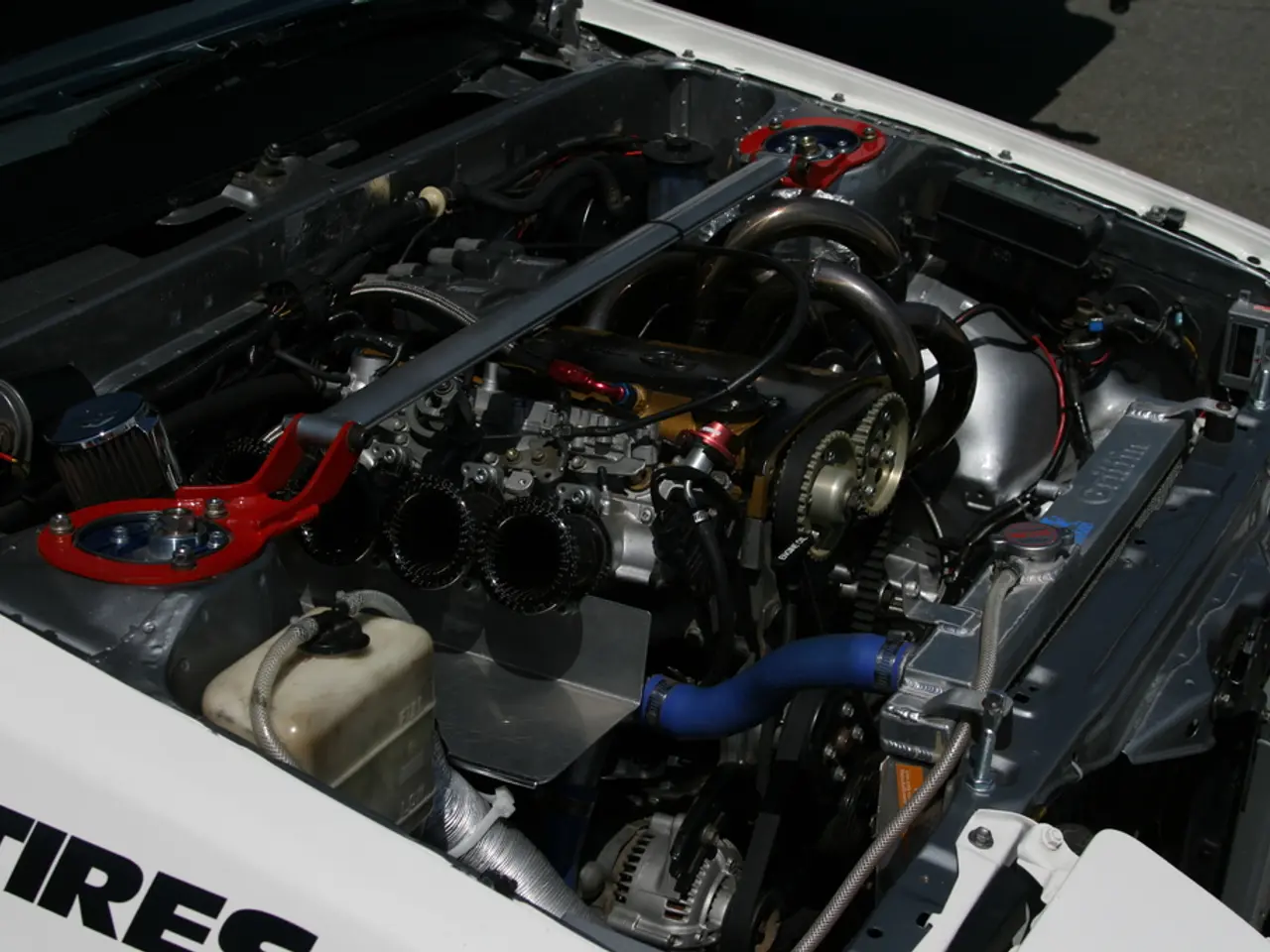University research initiative at Limerick's University propels progress in eco-friendly battery innovation
The University of Limerick (UL) is leading a significant research project aimed at advancing sustainable battery technology, as part of the European Commission's Horizon Europe programme. The four-year, €4.9 million initiative, titled 'High-energy, low-cost, and scalable generation 5 magnesium-based batteries for mobility applications and beyond', is known as the HighMag project.
The HighMag project is designed to drive the European battery sector towards greater sustainability, security, and strategic autonomy. It focuses on developing a new class of rechargeable magnesium batteries, which promise enhanced safety, lower environmental impact, and compatibility with existing lithium-ion manufacturing infrastructure.
Dr. David McNulty, Associate Professor of Energy Materials and Devices at UL's Department of Physics and Bernal Institute, is leading all research activities carried out at UL for the HighMag project. His research focuses on creating carbon-sulfur cathodes for rechargeable magnesium batteries using innovative materials derived from waste plastics and biomass. This approach is designed to suppress polysulfide shuttling and boost electrochemical performance through tailored porosity and integrated electrocatalysts.
The HighMag project brings together 13 academic and industry partners from across Europe and Israel. UL's contribution to the project includes sustainable materials development, protective electrode coating, electrochemical optimisation, and operando structural characterisation.
The objective of the HighMag project is to develop high-energy, low-cost, and scalable Generation 5 magnesium-based batteries as a more sustainable and efficient alternative to current lithium-ion technologies. The project's focus is not only on creating batteries that are environmentally friendly but also compatible with existing lithium-ion manufacturing infrastructure, supporting Europe’s green energy goals and its quest for strategic autonomy in battery technology.
The research emphasises creating batteries that are not only environmentally friendly but also cost-effective and scalable, reducing dependency on critical raw materials. HighMag aims to create solutions that leverage waste streams (plastics and biomass) for battery components.
The HighMag project positions Europe at the forefront of next-generation battery research, aiming to deliver safer, more affordable, and environmentally sustainable energy solutions for mobility and beyond. This collaborative project reinforces UL's role as a leader in advanced materials synthesis and energy storage research, and Dr. McNulty's research is at the forefront of Ireland's clean energy innovation.
The HighMag project, a significant research initiative led by the University of Limerick (UL), concentrates on the development of advanced science and technology in the form of a new class of rechargeable magnesium batteries. These batteries, designed to be more sustainable, safer, and less environmentally harmful, promise a lower impact on the environment and compatibility with existing lithium-ion manufacturing infrastructure.




